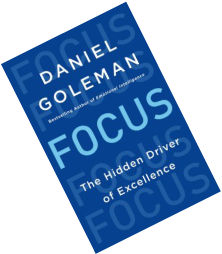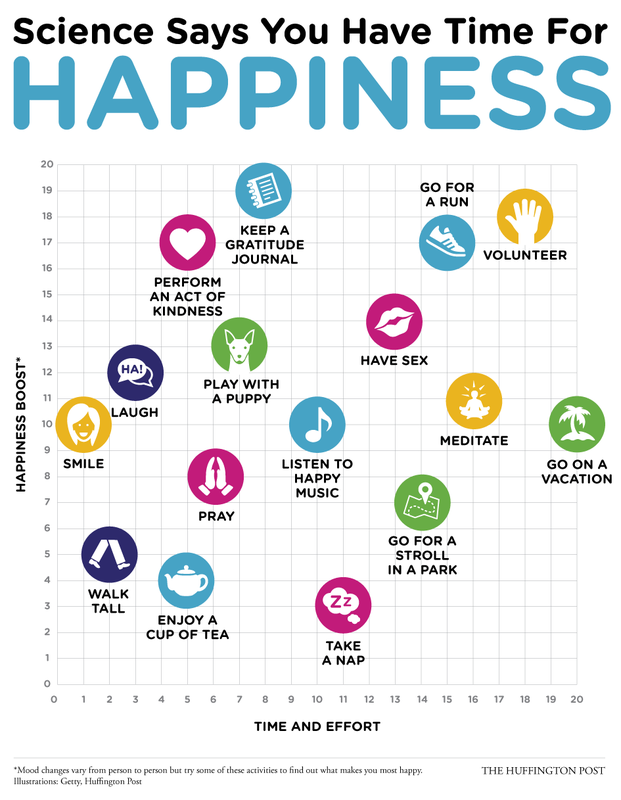|
http://www.psychologytoday.com/blog/the-brain-and-emotional-intelligence/201310/how-focus-changed-my-thinking-about-emotional-intel
0 Comments
This article from the Sydney Morning Herald includes good advice from Dr Suzy Green, a Coaching Psychologist in Australia, commenting on the lack of training and qualifications among some life coaches in Australia. The same issues seem to apply equally in the UK.
Dr Green would like to see more coaching psychologists step into the life coaching field: ''Psychologists are trained not only to help people deal with issues from the past and manages stressors in the present, but to help individuals design flourishing future lives, which is what life coaching is about.'' Read more: http://www.smh.com.au/lifestyle/life/anyone-can-be-a-life-coach-so-is-it-time-to-ask-who-is-really-coaching-you-20140618-zsd44.html#ixzz34zg4eqbI I agree wholeheartedly that coaching psychologists are well qualified to help people work through their stuck points in life as well as business coaching areas. Moreover, clients may have more deep seated problems, for example with anxiety, depression or trauma history, which an untrained coach would not recognise or know how to work with safely. Dr Green points out that life coaches will attract such clients, and so should have good referral contacts . I would add that supervision is also vital in working ethically and safely, and is a requirement for Coaching Psychologists associated with the British Psychological Society Special Group in Coaching Psychology in the UK. Finding a coach trained and experienced in working with psychological phenomena such as developmental and attachment issues is vital if clients with complex histories are hoping to transform their work and personal lives. Unresolved problems in these areas can make change very difficult and coaching could even exacerbate problems if not worked with sensitively and safely. This is a great 7 minute audio clip with Dan Goleman in conversation with George Kohlrieser of the IMD business school, about the importance of leaders to paying focused attention, in order to create a culture of sustained employee attention.
Leadership mood appears to be contagious (see my blogpost here: http://bit.ly/1jCryqJ). Dan blows apart the mistaken belief that leaders need to focus on what their teams are doing poorly, explaining how negative feedback triggers the amygdala and sabotages employees abilities to perform well. And George talks about how Leaders can deliver bad news from a positive and caring place, in order to allow their teams to hear and respond appropriately. Click here for the 7 minute audio clip on the More than Sound website: http://morethansound.net/2013/12/20/ep-108-kohlrieser-goleman-talk-focus/#.Uv0VO0J_uFF George Kohlrieser is professor of Leadership and Organizational Behaviour at IMD, and author of "Hostage At The Table: How Leaders Can Overcome Conflict, Influence Others, and Raise Performance" In this HBR article, Dan Goleman describes how two year's worth of new research has been compiled and shows how a leader's mood drives the mood and behaviour of their teams. And that this is a primary factor affecting the bottom line. It seems that the mood of an organisation's head honcho literally spreads through the organisation like an electrical charge.
"High levels of emotional intelligence, our research showed, create climates in which information sharing, trust, healthy risk-taking, and learning flourish. Low levels of emotional intelligence create climates rife with fear and anxiety. Because tense or terrified employees can be very productive in the short term, their organizations may post good results, but they never last." Goleman believes these results show that demonstrating Emotional Leadership (ie. optimistm, authenticity, positive energy) is a good Leader's main task. It's not easy for Leaders to sustain positivity, and coaching is a very supportive environment for fostering emotional Leadership. Click here to read more about Leadership Coaching And here to read the HBR article: http://hbr.org/2001/12/primal-leadership-the-hidden-driver-of-great-performance/ar/1 In this 4 minute video from HuffPost Healthy Living, French ex-molecular biologist turned Buddhist monk, confidante of HH The Dalai Lama, and "happiest person in the world" explains the difference between empathy and compassion.
Whilst empathy required feeling the pain of others, and was not sustainable, compassion activated a different area of his brain under fMRI scanning, and could be practiced for far longer without any distress. This knowledge is important as we think about how to improve compassionate caregiving, in our Health Service, in caring professions and in society. We now know that compassion is linked to positive emotions. During the research with Tania Singer at the Max Planck Institute, it became clear that the phenomenon we think of as burn out is due to "empathy fatigue", rather than "compassionate fatigue". Matthieu says "In fact, compassion far from leading to distress and discouragement strengthens our fortitude, our inner balance and our courageous determination to help those who suffer. In essence, from our point of view, love and compassion do not wear out. Rather they help to overcome empathic distress. Click to Link http://huff.to/19VQupN Kristin Neff on "Resilience and Self-Compassion" at Empathy and Compassion in Society 201325/1/2014 In this 27 minute video, Kristin Neff outlines the three components of Self-Compassion (Neff, 2003):
Feeling is believing Before going into the extensive scientific research basis for Self-Compassion, she gets us to try powerful gestures which demonstrate the experience of self compassion and the felt sense in the body. Do try these for yourself as you watch, it's so compelling. What are some reasons for developing a Self-compassion practice? Self-compassion is negatively linked to depression, rumination, anxiety, stress, perfectionism, shame and negative body image. Conversely it's linked to well-being states including happiness, connection, confidence, optimism and life satisfaction. You can take Kristin's Self-Compassion Test on her website: http://www.self-compassion.org/test-your-self-compassion-level.html Laughing, performing an act of kindness, and keeping a gratitude journal all boost happiness and take minimal time.
This article has links to interesting studies that support the claims for happiness boosting activities - enjoy! http://www.huffingtonpost.com/2014/01/07/boost-happiness_n_4532848.html Another effect of veterans returning with untreated trauma. Read the article here: http://bit.ly/1c30dF8 This is the title of a great article by Laura K Kerr, PhD
Pubished on acestoohigh.com on 7th January 2014 A considered and thought provoking article on the legacy of trauma on a wider societal level, written from the viewpoint of an American trauma therapist. The writer makes a case for the increase in mental illness being the result of collective denial of the conditions that contribute to traumatic stress, and the lack of treatments to process unresolved trauma. In my opinion Britain is on the same trajectory, and we can learn a lot from the trauma specialists in the US. Trauma is now everyone's problem, and society has a collective responsibility to alleviate this unspoken of destroyer of lives. Read it here http://acestoohigh.com/2014/01/07/want-to-reduce-mental-illness-address-trauma/ |
Belinda Rydings,
|



 RSS Feed
RSS Feed